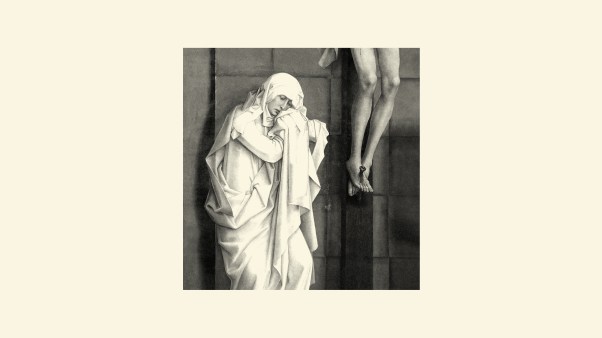Evangelical Christian men will, sooner or later, be told to check out Jordan Peterson, a 55-year-old University of Toronto psychology professor. His book 12 Rules for Life has sold 700,000 copies since January in North America alone. New York Times columnist David Brooks called him possibly “the most influential public intellectual in the Western world right now”; The Guardian’s Tim Lott adds that he’s “fast becoming the closest that academia has to a rock star.”
Peterson, formerly at Harvard University, became a hero to conservatives and free speech advocates in 2016 by opposing the Canadian government’s plans to regulate speech about transgender persons. He also became a target of public protest (at the University of Toronto, Queen’s University, and Linfield College), media attacks (most notably, an infamous interview on Britain’s Channel 4), and intellectual scorn. Houman Barekat wrote in the Los Angeles Review of Books that Peterson “positions himself as a prancing messiah-cum-surrogate-dad for gormless dimwits everywhere.” One filmmaker called 12 Rules a book for “neo-Klansmen.” Peterson defenders say his quotes are misunderstood.
His appeal to Christians is pervasive. Peterson is a charismatic speaker who offers clear guidance on morals and manners—Rule #1: “Stand up straight”; Rule #7: “Pursue what is meaningful (not what is expedient).” He takes evil seriously: “You’re bad enough, as other people know you. But only you know the full range of your secret transgressions, insufficiencies and inadequacies.” Peterson also esteems the church and traditional family values. He loves biblical teaching (Joel McDurmon wrote in Reformed Perspective that Peterson explains Bible stories in “profound, engaging ways”) and admires Jesus.
Peterson never set out to target men, but men in particular are drawn by his message that Western culture hurts male identity and confidence. “Boys are suffering,” he writes in 12 Rules. According to Anthony Bradley in Fathom, many modern men feel “weak, beaten down and worthless. . . . Jordan Peterson is the prophet who understands this reality.” Alastair Roberts argues that “Peterson’s ethic of integrity, self-mastery, and responsibility” resonates with Christian men, who admire Peterson for his strength in facing intense opposition.
Yet there are cautions. While Peterson certainly has female fans, some of his remarks on women’s nature and gender roles have provoked ire from many women who find them demeaning.
As for his own religious beliefs, asked by Toronto journalist Christie Blatchford whether he believed in God, Peterson said: “I think the proper response to that is no, but I’m afraid he might exist.” His love for Jesus’ teaching and sacrifice does not extend to belief in his resurrection, though he is open to its possibility.
Some Christian leaders warn against flocking to Peterson. Michigan pastor Peter Burfeind, for example, called him “little more than a highbrow Joel Osteen.” Yet others believe, as Alex Smith wrote in Eternity News, “like the Prodigal Son, [Peterson] has come to his senses and started walking home.”
James A. Beverley is professor of Christian thought and ethics at Tyndale Seminary in Toronto.










